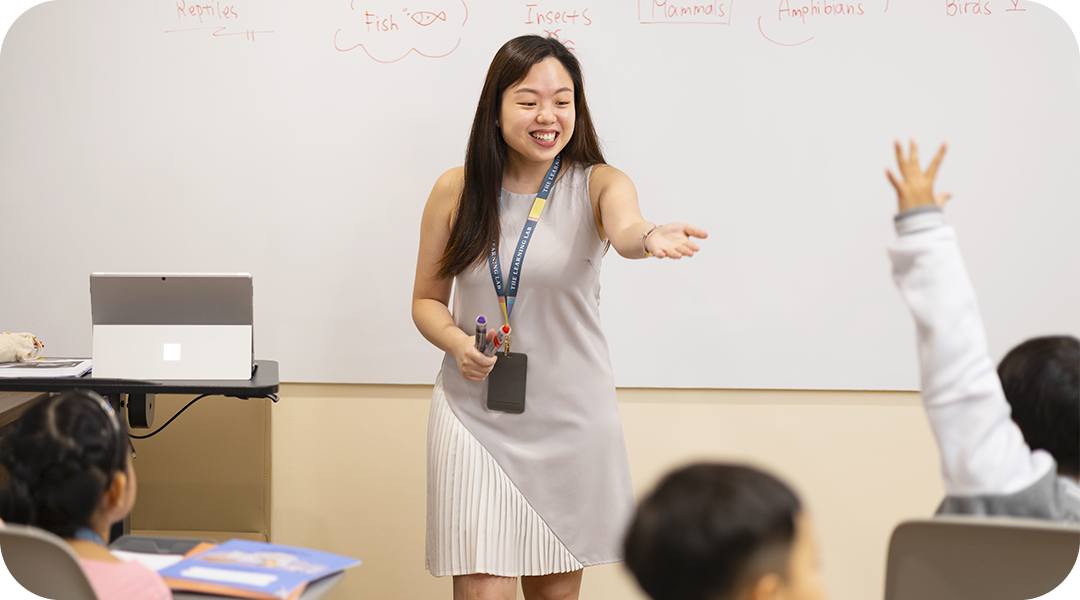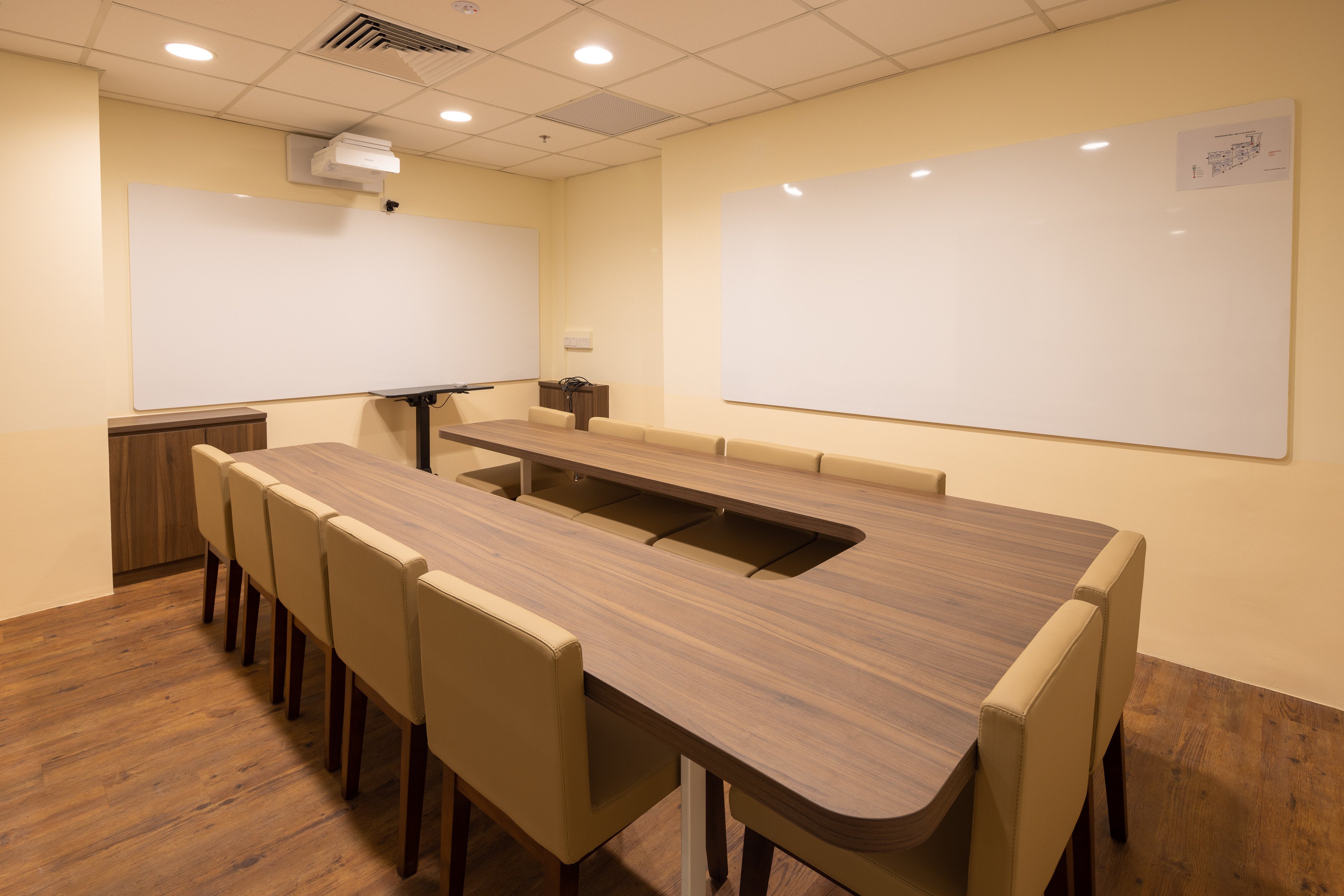
Start Strong in Term 3 for a Stronger Finish
For a limited time only, enrol in a new subject and enjoy 1 lesson off and a registration fee waiver.
Term 3 at The Learning Lab starts on 11 June 2025 — ahead of the school term. This is your child’s chance to enter the second half of the academic year with confidence, clarity and momentum.
Gain a head start on key topics early, get personalised support to close learning gaps from Term 1 and 2 and get expert guidance on preparing for the major assessments ahead.
TLL students have consistently achieved top results in the PSLE, O-Levels and A-Levels. Our strategies and highly specialised teachers are here to guide your child to the same success.
Interested in our classes? Contact us.
For more details about our programmes, simply fill in the form below and we will be in touch within 1-3 working days.
Why Choose TLL?

Full-Time Passionate Educators
At TLL, we find the most passionate individuals and provide them with the training, resources, and support needed to be the best educators. Many of our senior teachers have been with us for over 20 years, and all undergo more than 270 hours of in-house training annually to master TLL strategies and stay up-to-date with MOE exam guidelines.
.jpg)
All-Rounded Curriculum
Our curriculum is constantly refined and strengthened by a team of specialists who research, write, edit and design new and refreshing lesson materials week after week to captivate your child's imagination and interest with the most engaging themes and topics. This way, your child will always enjoy learning and applying their knowledge beyond the classroom.

A Conducive Learning Environment
We provide a conducive environment for interactive learning, where students can actively engage with their peers and the learning materials. In boardroom-style classrooms, our students are able and encouraged to share and present their opinions during lessons, fostering a dynamic exchange of ideas.

Enrolment Incentives
Choosing the right learning environment for your child is a big decision and we want to make it as easy and rewarding as possible.
Enrol now to enjoy 1 lesson fee waiver and registration fee waiver, and an exclusive TLL merchandise pack.

Term Dates
Ready to unlock a world of learning opportunities for your child?
Secure your child's spot right away.
Term 3 - 2025:
Wednesday, 11 June 2025 to
Tuesday, 9 September 2025 (13 weeks)
